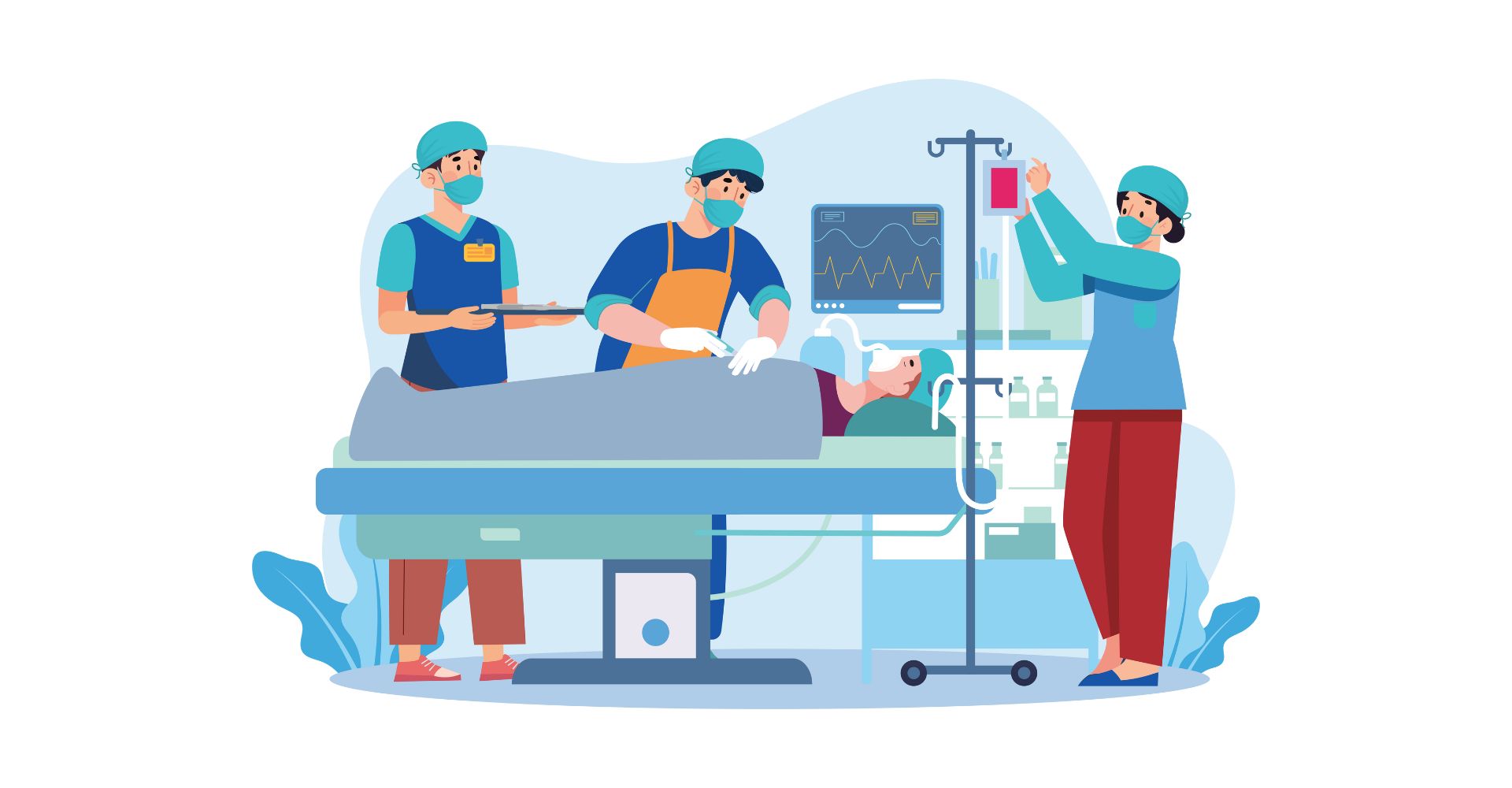Investing in Excellence: Healthcare Leadership Cultivates Progress in Technological Advancement

In an era where technological advancements are accelerating at an unprecedented pace, the healthcare sector stands on the cusp of a major transformation. Central to this evolution is the crucial role of healthcare leadership in driving technological progress. Investing in developing and training healthcare leaders is not merely beneficial; it is essential for harnessing technology to enhance patient care, operational efficiency, and overall healthcare outcomes.
The Crucial Role of Healthcare Leadership in Technological Advancement

Healthcare leaders are at the forefront of integrating new technologies into clinical and operational settings. Their vision and strategic direction are instrumental in steering their organisations through the complexities of technological adoption. With the investment in leadership development, healthcare organisations can ensure that their leaders are well-equipped to manage and leverage technological innovations effectively.
Efficient healthcare leadership involves understanding the technical aspects of new technologies and their implications for patient care and operational efficiency. Leaders who are well-versed in these areas can drive the adoption of technologies that streamline processes, improve patient outcomes, and enhance overall healthcare delivery.
Enhancing Patient Care Through Technological Innovation

One of the most significant impacts of technology in healthcare is the improvement of patient care. Advanced technologies such as electronic health records (EHRs), telemedicine, and AI-powered diagnostic tools have transformed how healthcare providers deliver care. However, the successful implementation of these technologies hinges on the leadership’s ability to guide their teams through change, ensure proper training, and integrate new systems into existing workflows.
Healthcare leaders play a critical role in selecting and deploying technologies that enhance patient care. They are responsible for fostering an environment where innovation thrives and ensuring that new tools are used effectively to meet patient needs.
Improving Operational Efficiency

Operational efficacy is another area where technology has substantially impacted. Technologies such as data analytics, automation, and advanced reporting tools help streamline administrative processes, reduce costs, and improve decision-making.
Leaders skilled in managing technological change can seize opportunities for operational improvements and drive initiatives that enhance proficiency. They are also responsible for addressing any challenges that arise during the implementation of new technologies and ensuring that staff are adequately trained to use them.
Strategic Leadership in Technology Integration

Leaders must not only advocate for the adoption of new technologies but also develop and execute strategies that align technological advancements with organisational goals. This includes setting clear objectives, allocating resources effectively, and evaluating the impact of technology on both patient care and operational functionality.
A strategic approach to technology integration involves understanding the broader implications of technological advancements and how they fit into the organisation’s overall vision. Healthcare leaders who excel in strategic thinking can drive innovation and ensure that technology investments contribute to long-term success.
Aligning with PaCE’s Key Areas of Excellence
The Centre for Professional and Continuing Education (PaCE@NTU), offers programmes focused on equipping professionals with the skills necessary to navigate the complexities of technological advancements in healthcare.
Investing in healthcare education is an investment in the future of healthcare itself. As technology continues to evolve, the role of leadership in guiding and leveraging these advancements becomes increasingly important. This strategic investment enhances the overall healthcare landscape and also paves the way for continued progress in the industry.







